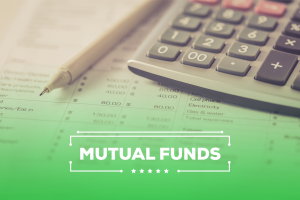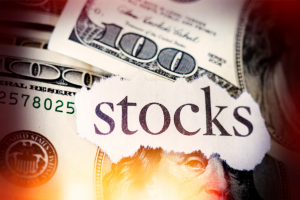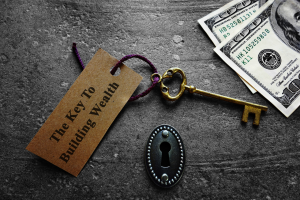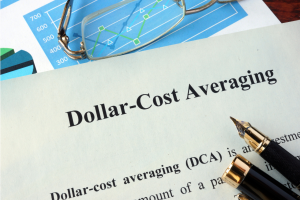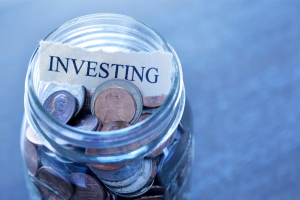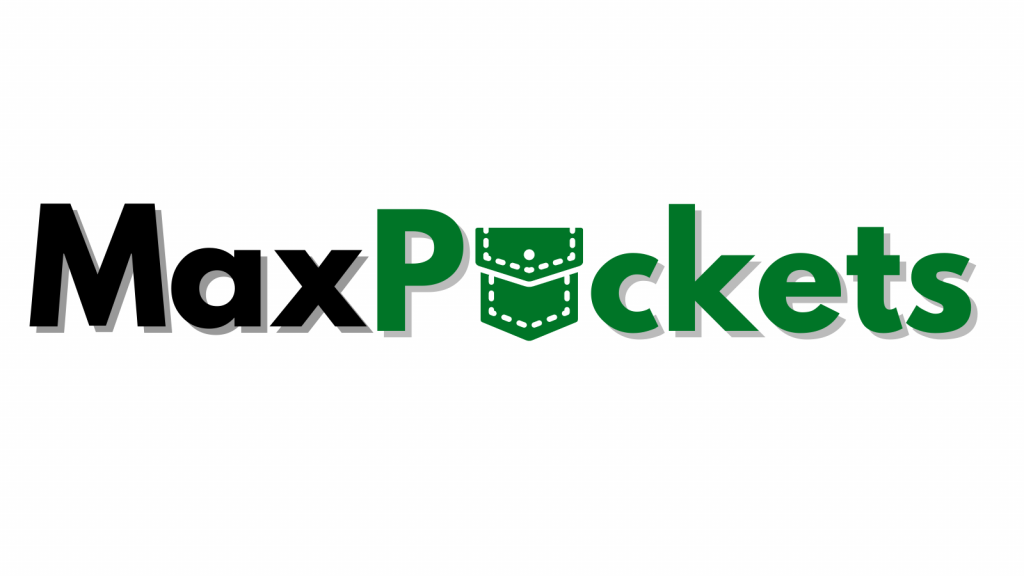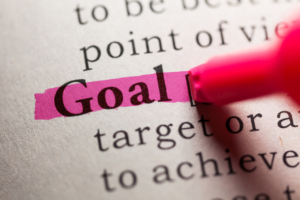
Is a Savings or Checking Account right for me?

When it comes to savings and checking accounts, there are a few key differences that you should be aware of. In this article, we will cover the most important distinction between savings and checking accounts:
What is a savings account?
A savings account is a type of bank account where you can deposit your money and earn interest on it. The funds in a savings account are typically meant to be left untouched for long periods of time.
What are the benefits of a savings account?
There are several benefits of having a savings account.
- One of the main advantages is that savings accounts typically offer higher interest rates than checking accounts. This means that your money will grow at a faster rate in a savings account.
- Savings accounts can help you to save money for specific goals, such as a down payment on a house or retirement.
- Additionally, savings accounts offer a layer of protection for your money in case of an emergency.
Why should you have a savings account?
- A savings account is a great way to grow your money while also having access to it in case of an emergency.
- Savings accounts are relatively easy to open and maintain, and they offer a number of advantages.
- If you’re looking for a place to stash your cash, a savings account may be the right choice for you.
How to make the most out of your savings account
There are a few things you can do to make the most out of your savings account.
- First, be sure to shop around for the best interest rates. This will help you to grow your money more quickly.
- Additionally, make sure to set aside enough money each month to reach your savings goals.
- Finally, consider using automatic transfers to move money from your checking account into your savings account each month. This can help you to build up your savings without having to think about it.
The disadvantages of a Savings account
While there are many advantages to having a savings account, there are also some disadvantages.
- One of the main drawbacks of savings accounts is that they often have lower interest rates than other types of investment accounts.
- Additionally, savings accounts typically have withdrawal limits, which can make it difficult to access your money in an emergency.
- Finally, savings accounts are not FDIC insured, which means that your money is not completely safe from loss.
What is a checking account?
A checking account is a type of bank account where you can deposit your money and write checks against it. The funds in a checking account are more readily accessible than in a savings account.
What are the benefits of a checking account?
There are several benefits of having a checking account.
- One of the main advantages is that checking accounts offer easy access to your cash. You can typically withdraw money from a checking account whenever you need it.
- Additionally, checking accounts usually have fewer fees than savings accounts. For example, savings accounts may have monthly maintenance fees or minimum balance requirements.
- Another advantage of checking accounts is that they often offer overdraft protection. This means that if you accidentally spend more money than you have in your account, the bank will cover the difference. This can help to avoid expensive fees and penalties.
The disadvantages of a checking account
While there are many advantages of having a checking account, there are also some drawbacks.
- One of the main disadvantages is that checking accounts typically have lower interest rates than savings accounts. This means that your money will grow more slowly in a checking account.
- Additionally, some banks may charge fees for using a checking account. For example, you may be charged a fee for making too many transactions in a month or for using an ATM outside of the bank’s network.
So, should you have a savings or checking account? It depends on your individual needs and goals. If you’re looking for a place to grow your money, a savings account may be the right choice for you. However, if you need easy access to your cash or want to avoid fees, a checking account may be a better option.

